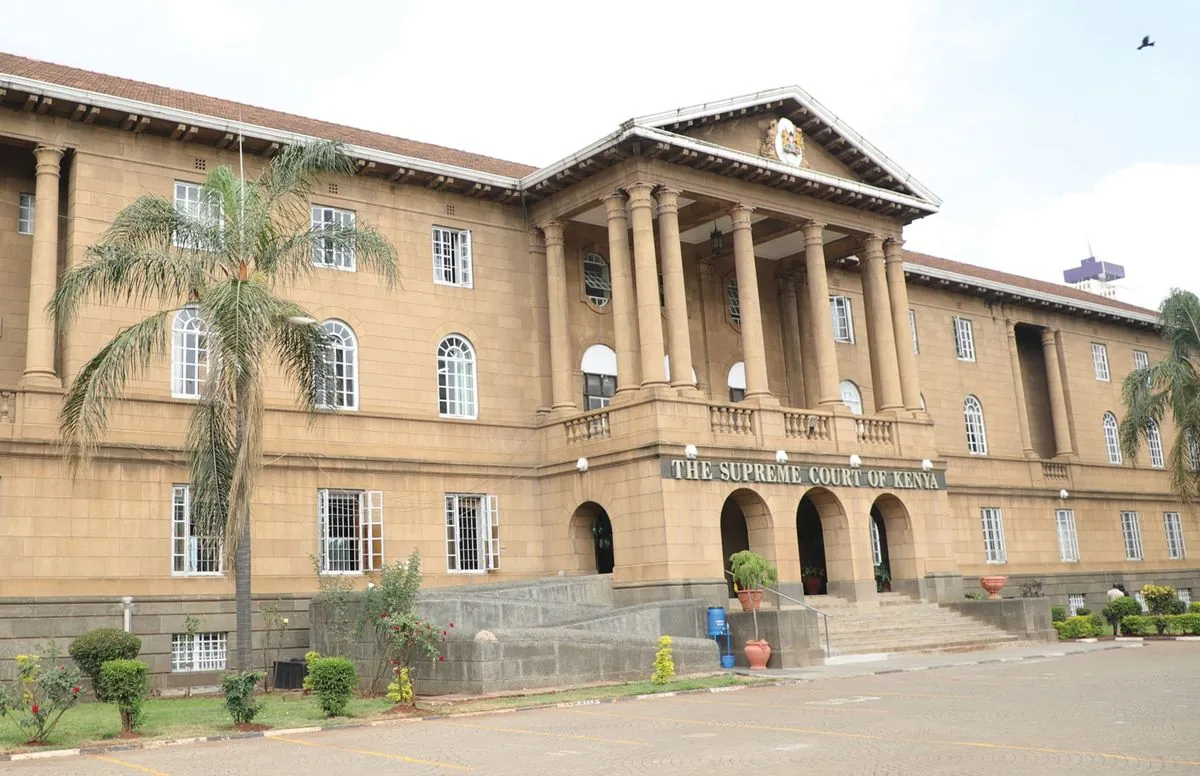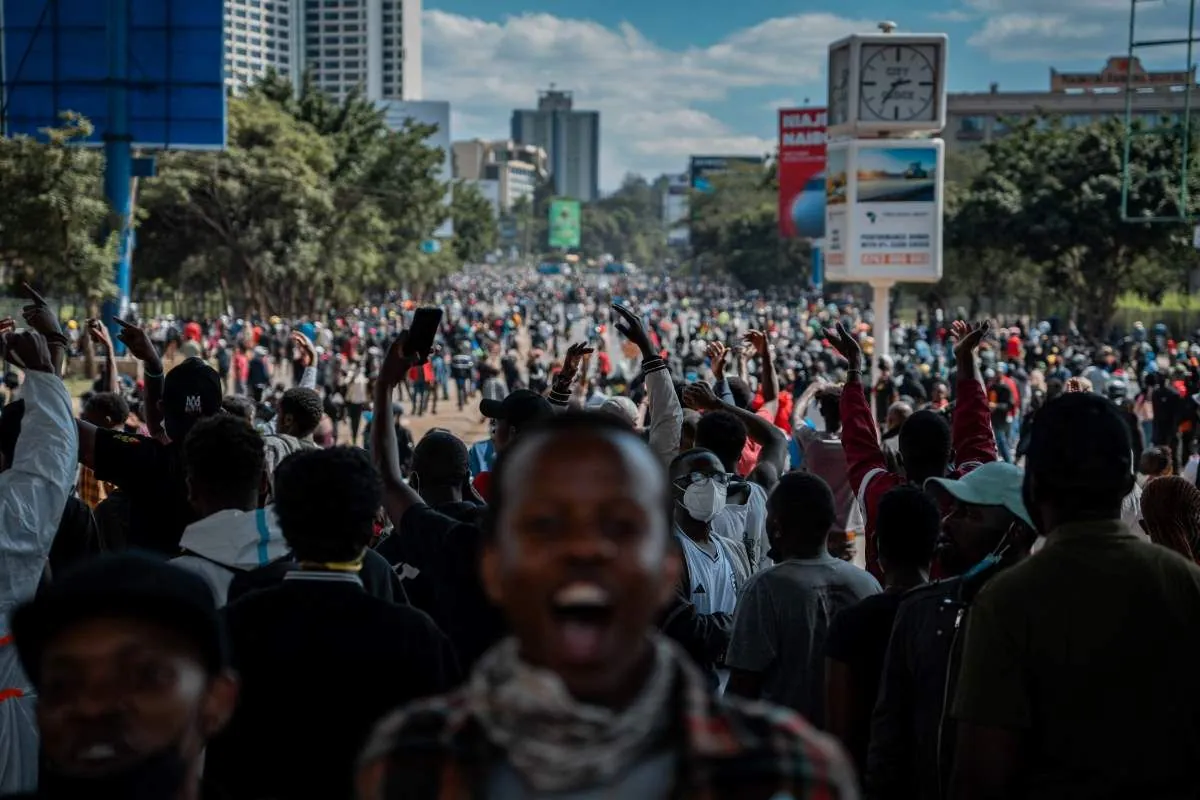Kenya's Supreme Court Halts Ruling on Controversial 2023 Finance Law
Kenya's Supreme Court suspends lower court's judgment on 2023 finance law unconstitutionality. The ruling provides temporary relief for President William Ruto's government amid recent protests and economic challenges.

In a significant legal development, Kenya's Supreme Court has intervened in the ongoing controversy surrounding the country's 2023 finance law. On August 20, 2024, the highest court in the land issued a ruling that temporarily suspends a lower court's judgment from late July, which had declared the 2023 finance law unconstitutional.
Finance bills play a crucial role in Kenya's fiscal policy, serving as the primary mechanism for the government to outline its revenue-generating strategies. These bills, presented to parliament at the commencement of each financial year, typically include measures such as tax increases and the introduction of new levies. William Ruto's government, like its predecessors, relies on these bills to fund its operations and development agenda.
The Court of Appeal's decision to declare the 2023 finance act unconstitutional had dealt a significant blow to President Ruto's administration. This setback came amidst a series of challenges, including recent protests that turned deadly, prompting the government to withdraw the 2024 finance bill.

The Supreme Court's intervention provides a temporary reprieve for the government. The court stated, "A conservatory order is hereby issued suspending and staying the declarations... issued in the Court of Appeal judgment." This ruling effectively puts on hold the lower court's decision, allowing the government some breathing room to address the legal and economic implications.
Kenya, which gained independence in 1963, has been grappling with various economic challenges in recent years. As the largest economy in East Africa, the country has experienced significant growth but also faces issues such as income inequality and corruption. The current legal battle over the finance law highlights the delicate balance between government revenue needs and public concerns over taxation.
The Supreme Court's decision comes at a critical time for Kenya's economy. With a population exceeding 50 million and a diverse range of exports including tea, coffee, and horticultural products, the country's fiscal policies have far-reaching implications. The ongoing legal proceedings underscore the importance of Kenya's multi-party political system and the role of its judiciary in maintaining checks and balances.
As the case continues to unfold, it remains to be seen how the government will navigate these legal challenges while addressing the economic concerns that sparked recent protests. The outcome of this legal battle could have significant implications for Kenya's economic trajectory and political stability in the coming months.


































